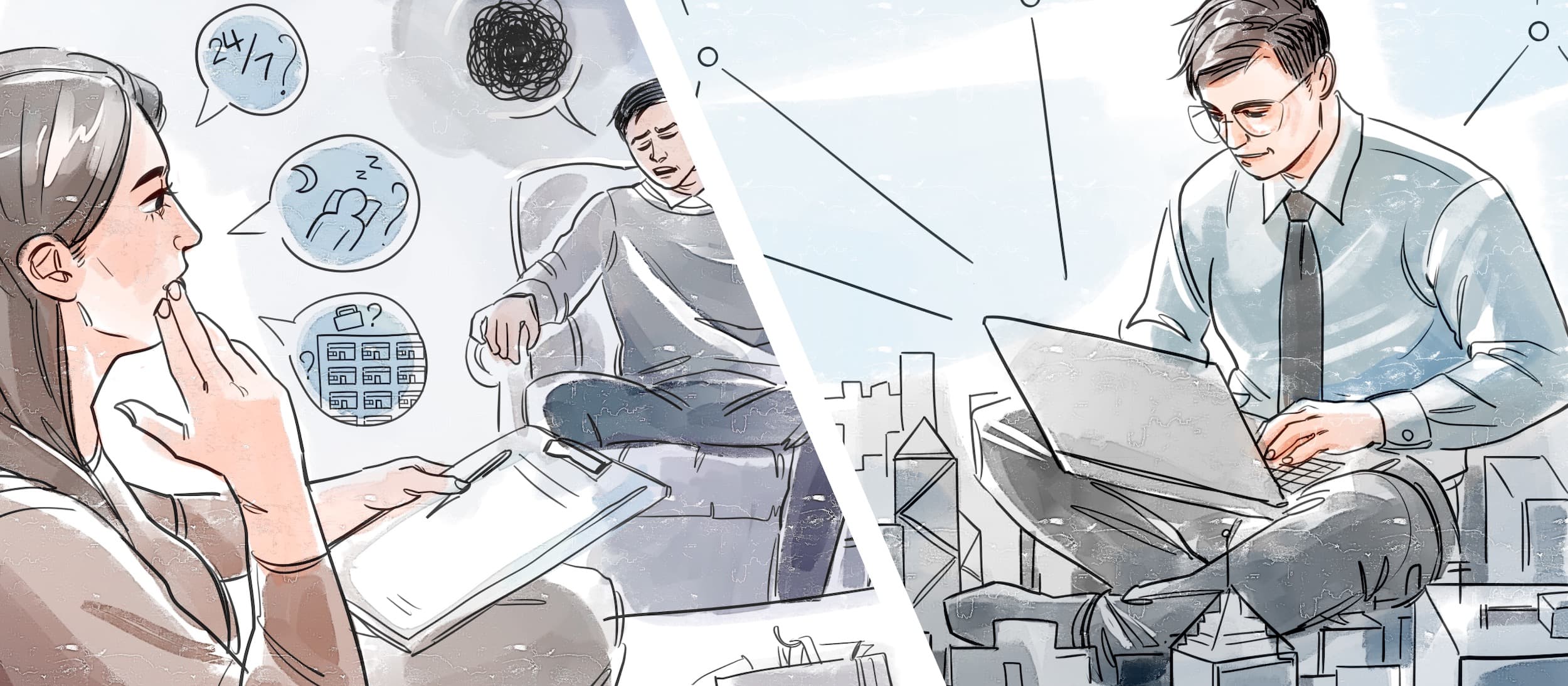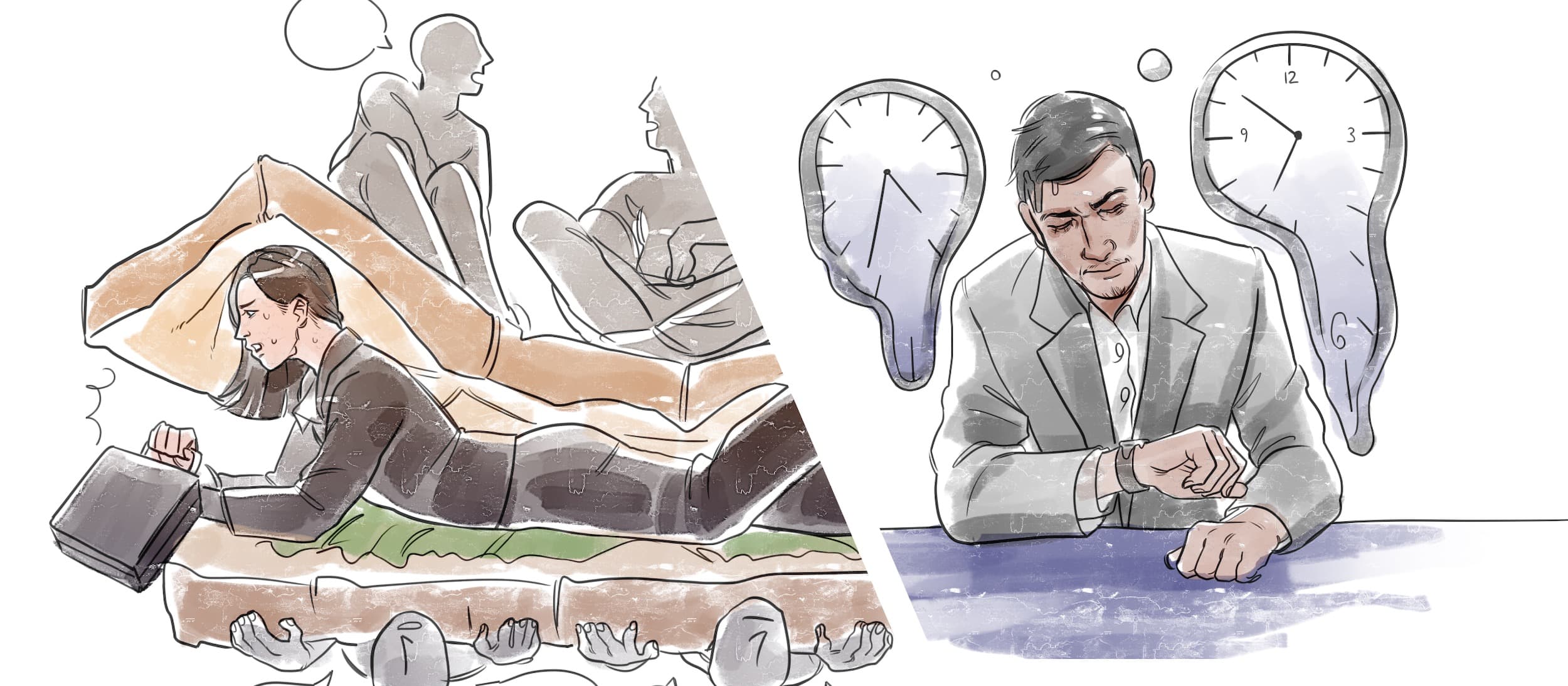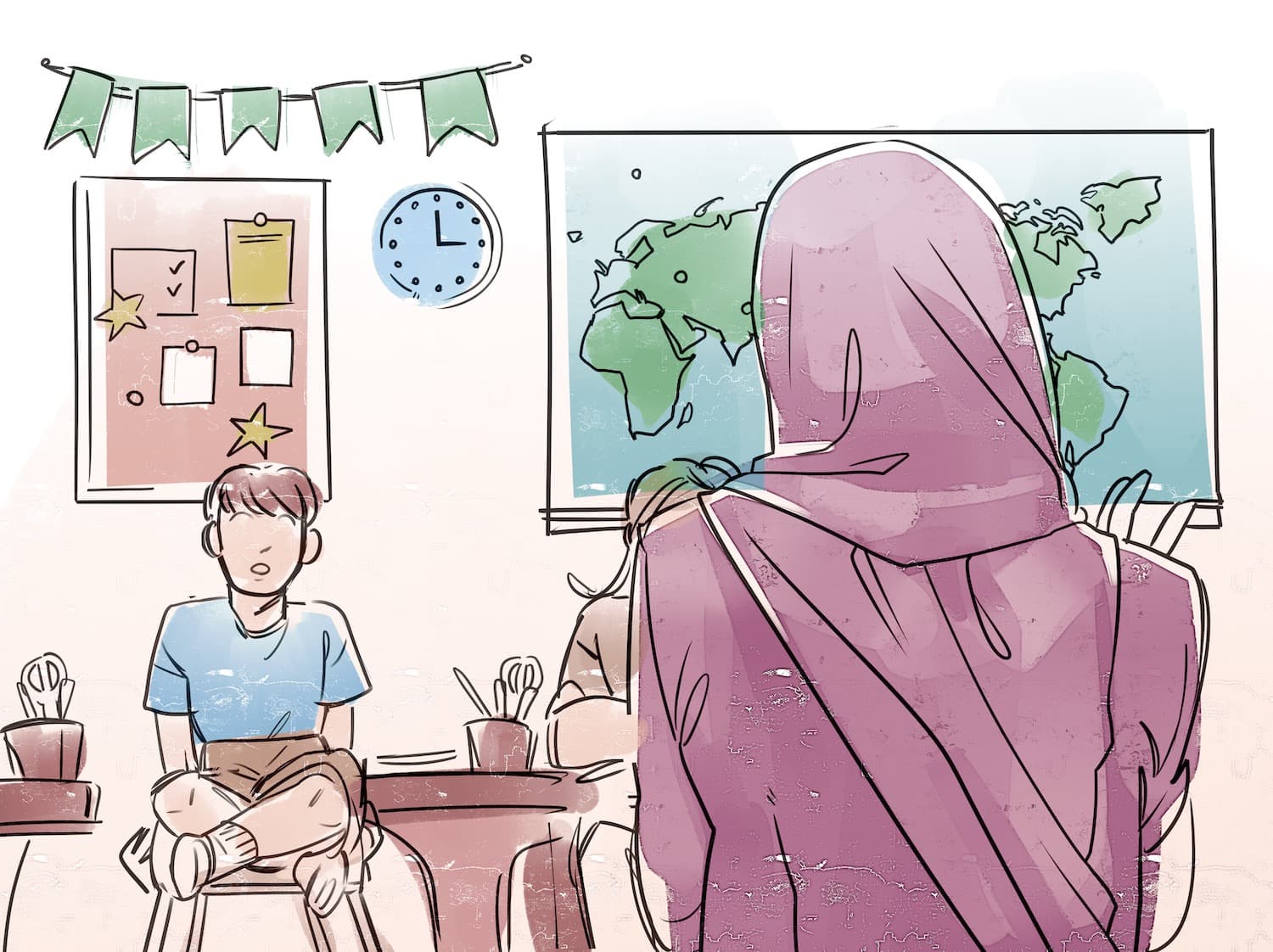Same same but different
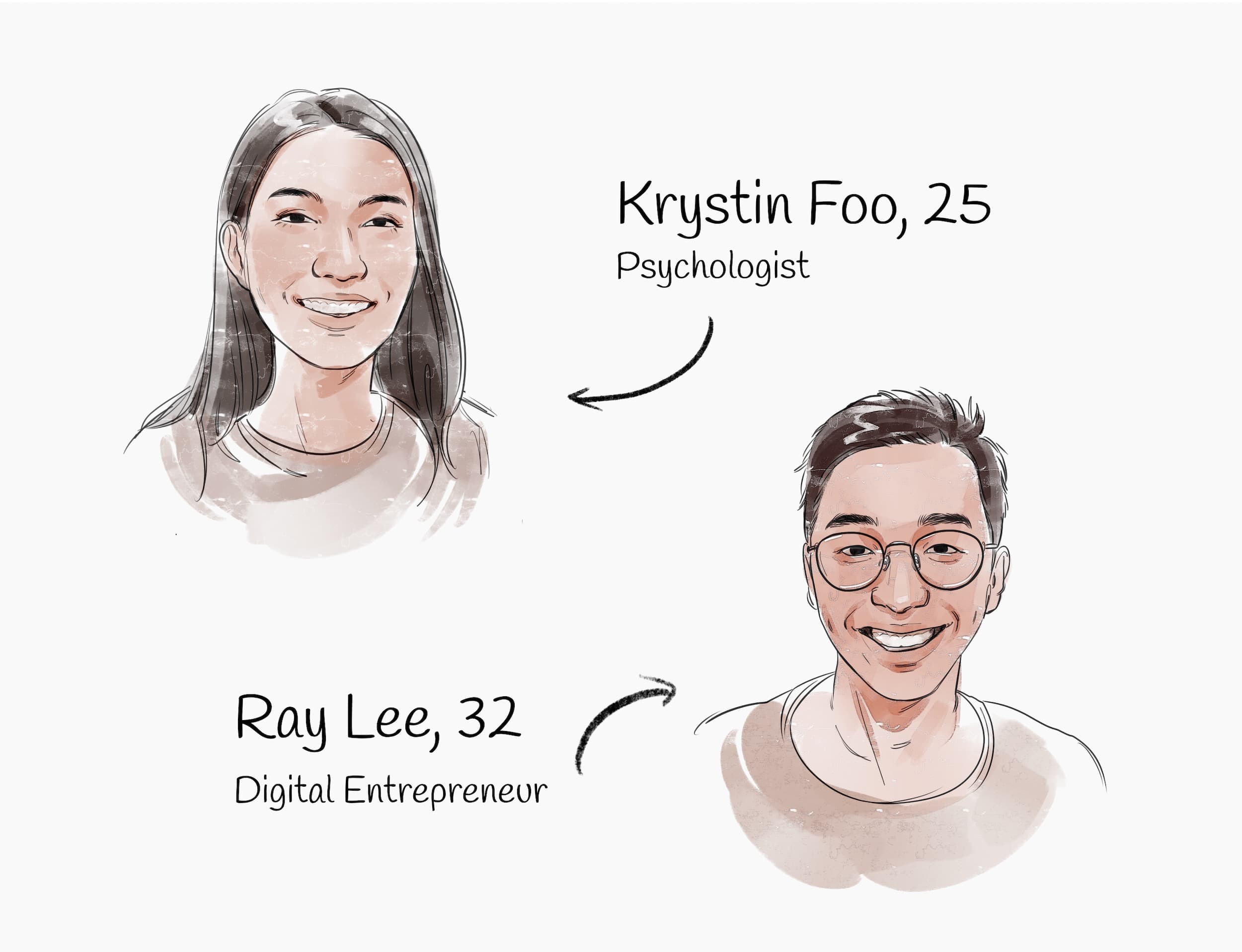
Millennials in Singapore are like those anywhere else. They want to lead a purposeful life, starting with an impactful career. Krystin Foo, 25, chose to be a psychologist in the social service sector because she wanted to “do something that is good for the community”. Similarly, Ray Lee, 32, became a digital entrepreneur as he dreams of “chang[ing] the wedding industry in Singapore”.
Yet, living in Singapore may present some obstacles to these aspirations. Millennials here have to navigate the constraints of a small country with tightly controlled housing policies and a narrow perception of career success. Hence, they are not as free to dream big as their counterparts overseas can.
Most of her peers, Krystin notes, are trapped in the “cookie cutter” trajectory Singapore charts for them. Decades of hardship have made us perceive that only certain professions — like bankers, lawyers and doctors — are respectable. Moreover, the land-scarce country disallows non-married individuals below the age of 35 from buying public housing. In combination, these two factors cause most young people to gun for a “reputable” job while establishing a nuclear family.
This predetermined course, perhaps, contributes to a “closed mindset of how [Singaporean millennials] see life” — a problem that Krystin candidly admits plagues her too, as she struggles to define her personal aspirations. “Being in Singapore can be limiting in terms of what you want to do in life”, she muses.
Ray agrees. Singapore’s small size means that housing is often extravagantly priced and catered to married heterosexual couples. Thus, before you buy a house, you have to settle down — and after you buy a house, “you become in debt, then you have to pay off the debt”. Ray reflects that it is an “invisible policy that makes you … not want to drift away and try something risky.”
The freedom to take risks
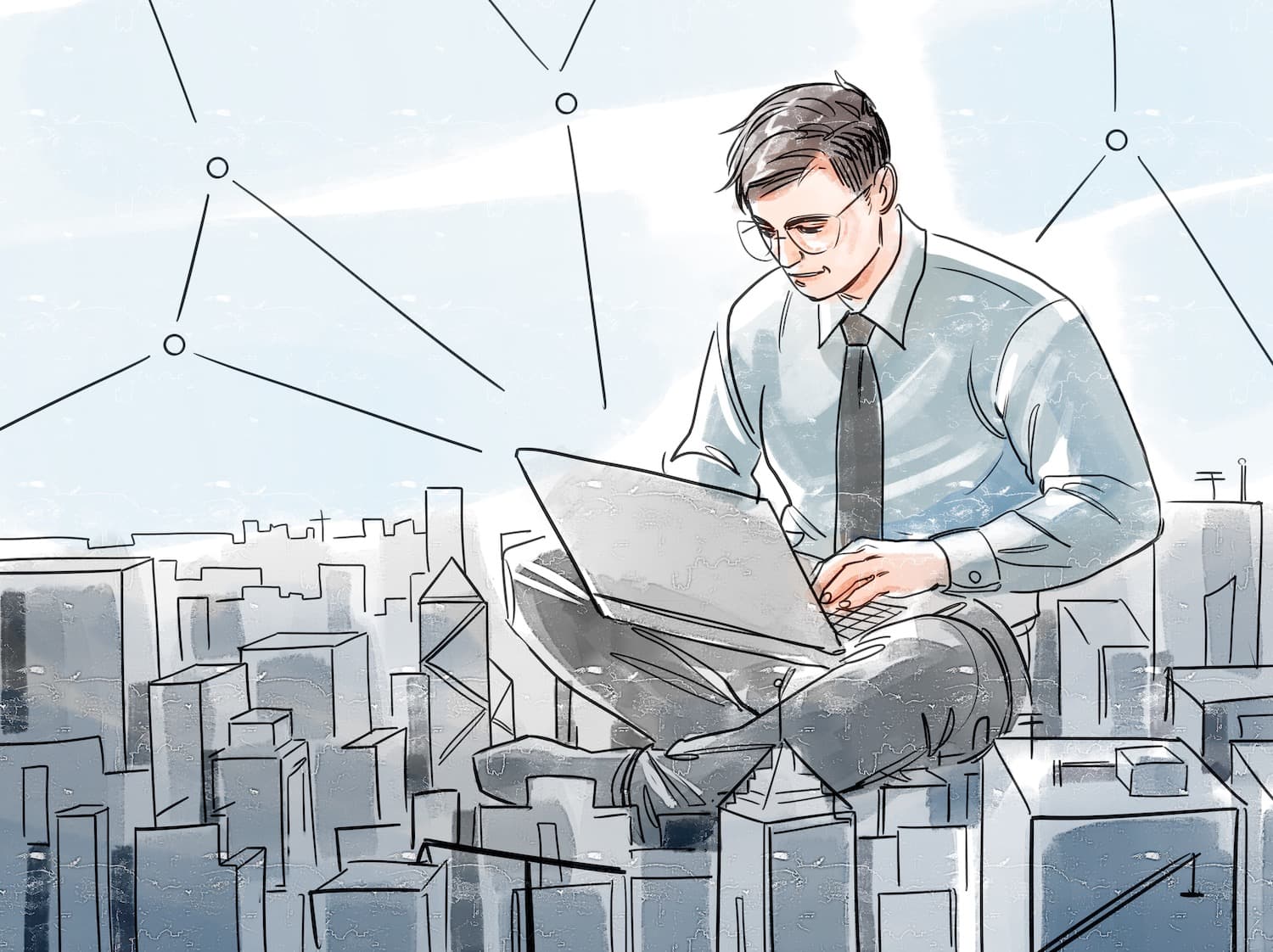
Despite these declarations of being risk-averse, Ray is an entrepreneur — an inherently volatile line of work — and has dabbled in building start-ups since he was in university. Moreover, he is currently working remotely from a hotel room in Hong Kong, a far cry from the typical Singaporean’s life now, especially during the pandemic.
Laughing at this observation, Ray admits that while his first business did not take off, his present start-up found success thanks to the Singapore government’s support. He received S$50,000 of seed money, free mentorship and an office space under a government-run entrepreneurship programme.
This may sound perplexing. A government long known for prioritising stability is encouraging us to take risks — but only within the boundaries of a meticulously demarcated plan. Yet these are the contradictions that all of us must negotiate in this country.
Perhaps we ought to have more faith in the government’s vision. The Singapore brand, as Ray says, is respected overseas: “When [my overseas vendors and clients] hear that we are from Singapore, they trust us immediately”. This is a testament to the robust economic and societal infrastructure of Singapore, built by the government over five decades.
From working for change to changing work

However, this infrastructure and reputation come at a cost. Ray brings up how his parents view working overtime, across six or even seven days a week, as the norm.
Thankfully, this unforgiving work culture has since evolved, suggesting a shift in the younger generation’s priorities and circumstances. As a result of Singapore’s economic success, most millennials can rely on savings or family support in times of need. Thus, for them, an ideal job is “not just about high pay” or reputation, but the culture of a company, Ray observes. Therefore, as a business owner himself, Ray advocates for a “flat company structure” and work-life balance.
Likewise, Krystin emphasises the necessity of work-life boundaries because work can “cause you to lose sight of more important things in life”. She is grateful that her workplace is not the typical Singaporean pressure factory, but a holistic one that recognises the need for self-care.
But Ray and Krystin may be the luckier ones, when it comes to a healthy workplace. According to The Straits Times, a record number of Singaporeans have recently sought psychological help for stress, indicating that a broader shift in work culture still needs to happen across society.
The road we are still taking
With regards to work culture and paths less taken, Singapore may not be where it needs to be yet. But both Krystin and Ray believe that the country is on the right track.
Krystin is proud of how her generation is working to “fill gaps that were previously untouched” in the social service sector. Still, she recognises that this is a team effort with the previous generation, who not only has “taken the time and effort to mentor us”, but also strove to “improve the situation with each passing decade”.
Ray, similarly, desires to contribute to the continued development of the nation. Harnessing his expertise in digital entrepreneurship, Ray thinks he can help Singapore transform into a Smart Nation to keep it “competitive in the global region and improve the quality of life” of Singaporeans.
With that thought, he smiles, and concludes that he is proud to be Singaporean, regardless of the unique obstacles Singaporean millennials face. Singapore, he says, “is always in my heart no matter where I go”.



